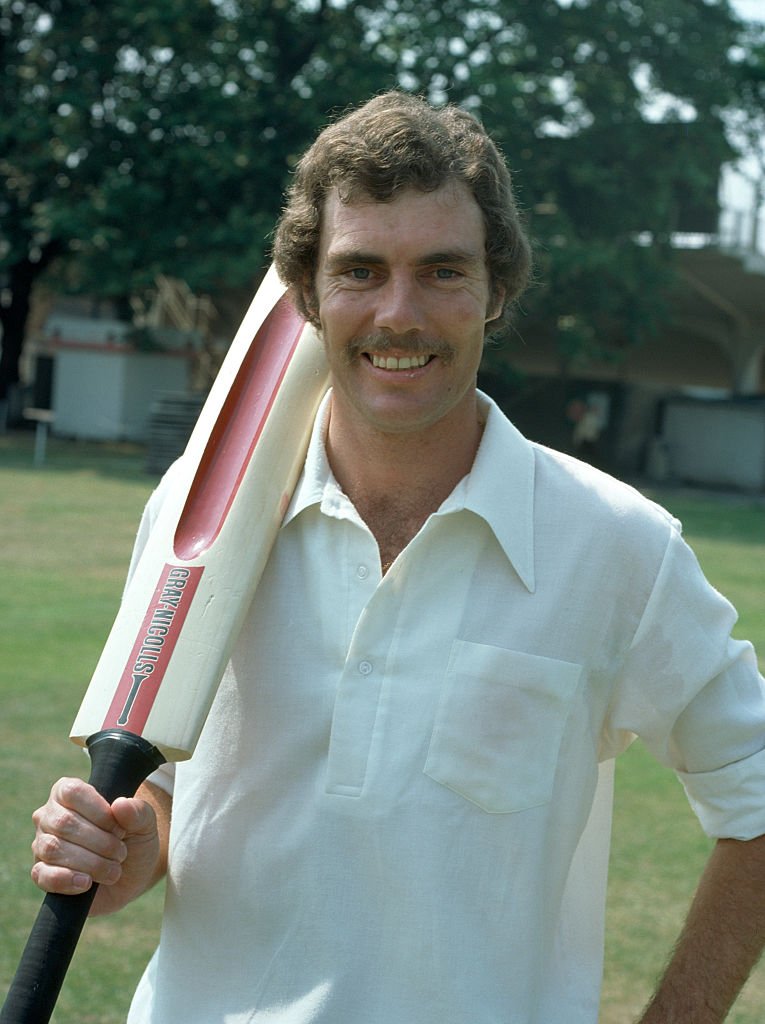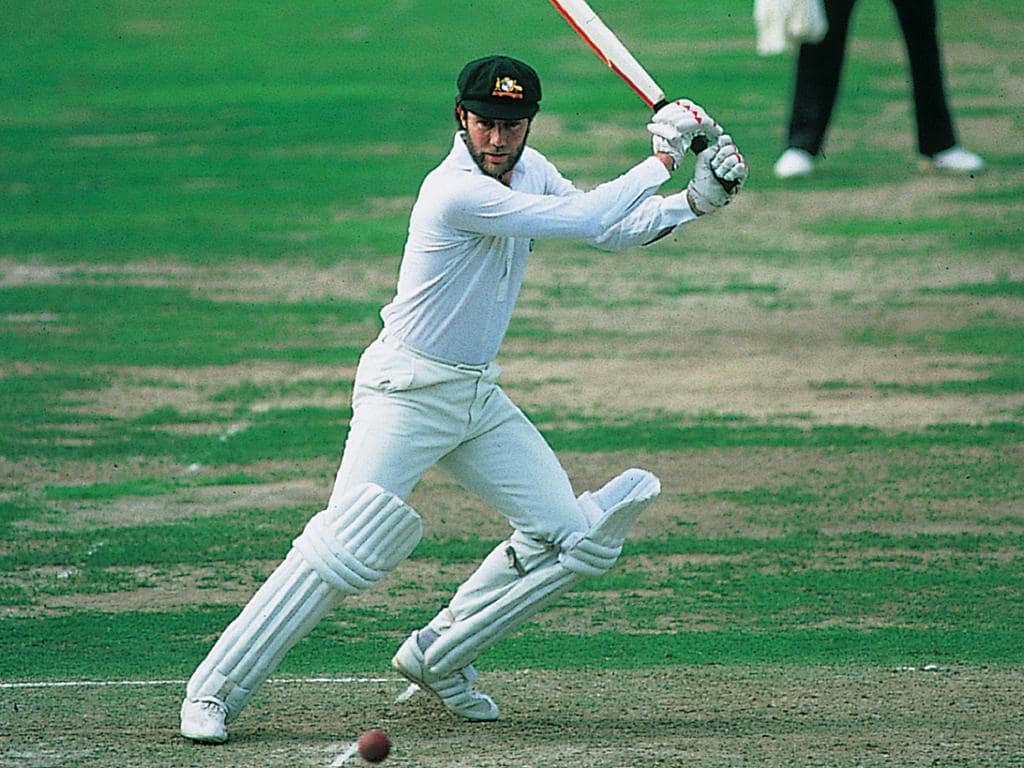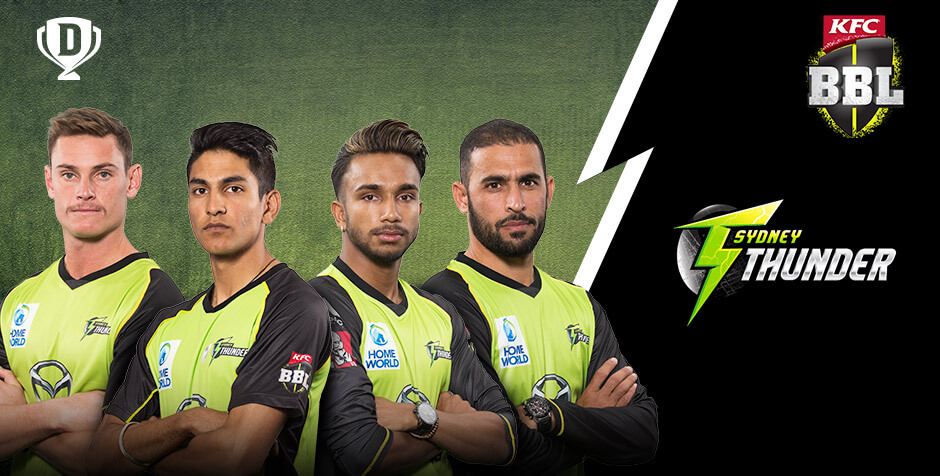As cricket moved from post-war revival towards total professionalism, Greg Chappell spearheaded Australia’s modern batting epoch through marrying prolific scoring and deep tactical foresight.
Unfurling supple drives homed on Adelaide Oval terraces signaled another prodigious Chappell had emerged, predestined for baggy green brilliance.
Anchoring fragile lineups, Chappell blended air tight technique with selective aggression accumulating over 7,000 Test runs in 87 appearances. Captaincy brought astute leadership copiloting dominance alongside brother Ian between celebrated eras.
Beyond statistics reaped later as selector and coach lay deeper impressions – Chappell fusing incumbent orthodoxy with progressive insights to ready Australian cricket’s coming ascent.
Article Highlights
Hide- Greg Chappell came from a cricketing family and was instilled with a deep understanding and appreciation for the sport from a young age.
- He had a highly successful domestic and international career, with exceptional batting prowess and technical finesse, highlighted by his century in his debut Test innings.
- Chappell's captaincy of the Australian cricket team was marked by a more dynamic and aggressive approach to the game, and he achieved numerous accolades and maintained a high batting average.
- After retiring, Chappell had a significant impact on the game as a coach, commentator, and selector, transforming cricket coaching and thought leadership while contributing to player development and strategic elements of the sport.
Legacy discussions rightly encircle Chappell’s batsmanship feats and while captain advanced tactical wrinkles. But broader influence shaped governance steering as cricket governed itself amidst turbulent times.
Through it all Chappell upheld integrity measures seeking balance between tradition and modernity – a complex dance whose steps reflected both crises and opportunities of the times.
Early Life and Family
Born on August 7, 1948, in Unley, South Australia, Greg Chappell was the third son in a family where cricket was not just a sport but a cherished tradition, laying the foundation for his future illustrious career.
The Chappell household was steeped in the lore of the game, with his father, Martin, and his granduncles, Vic Richardson and his brothers, having played first-class cricket.
This environment imbued in him not only a profound understanding of cricket’s nuances but also a keen sense of its historical and cultural significance within Australia.
Malcolm Marshall
When Malcolm Marshall steamed in from short run, veterans sensed imminent barrage while rookies saw ... Read More
The early exposure to such a rich cricketing heritage inevitably shaped Greg’s perception of the sport as a vehicle for personal and collective liberation.
His upbringing, characterized by a disciplined approach to practice and an appreciation for the technical aspects of cricket, was pivotal in the development of his playing style.
Greg, alongside his brothers Ian and Trevor, who also became prominent figures in Australian cricket, benefited from a rigorous regime that combined formal coaching with informal backyard matches, fostering a competitive edge that would later become synonymous with his professional demeanor.
This formative period was critical in moulding Greg Chappell into a cricketer whose career would later resonate with aspirations for excellence and the pursuit of sporting liberation.
Greg Chappell: Domestic and International Debut
Greg Chappell’s transition from a promising young talent to a professional cricketer was marked by his noteworthy debut in both domestic and international cricket, showcasing his exceptional batting prowess and technical finesse that would distinguish his career.
His first-class debut came in the 1966–67 season for South Australia in the Sheffield Shield, Australia’s premier domestic competition.
Chappell’s initial performances were a testament to his sophisticated technique and composure at the crease, which quickly earned him recognition as a future star.
On the international stage, Chappell made his Test debut for Australia against England in December 1970 during the Ashes series. This match, held at the iconic WACA Ground in Perth, was the beginning of what would be a storied international tenure.
Chappell scored a century in his debut innings, an achievement that underscored his readiness for the highest level of the sport and significantly contributed to his ascent as a leading figure in Australian cricket.
This auspicious start set the tone for a career that would be characterized by numerous accolades and a profound impact on the game globally.
Chappell’s debut performances were a clear harbinger of the skill and determination he would bring to both domestic and international arenas.
Captaincy and Milestones
Ascending to the captaincy of the Australian cricket team in 1975, Chappell not only showcased his leadership skills but also continued to reach personal milestones that further cemented his status as one of the game’s greats.
Under his guidance, the national team embraced a more dynamic and aggressive approach to the game, reflecting Chappell’s own philosophy. His tenure as captain was marked by a series of strategic triumphs and challenges that shaped the future of Australian cricket.
Analytically examining Chappell’s captaincy period, it is evident that his tactical acumen was instrumental in navigating the team through the transition from traditional to modern cricket.
He advocated for intensive training regimes and fostered a competitive spirit within the squad. Statistical highlights from his captaincy include a commendable win-loss ratio in Test matches, which underscored his effectiveness in leading from the front.
Objective scrutiny reveals that Chappell’s milestones during this period were not confined to captaincy alone. His individual performances continued to flourish; he achieved numerous centuries and maintained a high batting average, illustrating his dual role as both a strategist and a prolific batsman.
Chappell’s leadership era was a pivotal epoch in Australian cricket, with his milestones leaving an indelible mark on the sport’s annals.
Greg Chappell: Retirement and Beyond
Upon concluding his illustrious playing career in 1984, Greg Chappell transitioned into various roles that influenced cricket both on and off the field.
His post-retirement life was marked by a commitment to nurturing young talent and enhancing the strategic aspects of the game through coaching and commentary. Chappell’s involvement in cricket administration also reflected his deep understanding of the sport’s evolving dynamics.
- Coaching: Chappell took on coaching roles for South Australia and subsequently, the Indian national team, where his tenure was notable for both successes and controversies.
- Commentary: His insights as a commentator were enriched by his profound tactical acumen, providing audiences with a deeper appreciation of cricket’s nuances.
- Cricket Administration: As a selector and cricket academy head, Chappell influenced player selection policies and development programs, impacting the future of Australian cricket.
- Philanthropy: Committed to cricket’s broader social role, Chappell engaged in philanthropic efforts, leveraging his status to support charitable causes within the cricket community.
Analyzing Chappell’s post-retirement contributions reveals a multifaceted influence on the game. His transition from player to mentor and strategist underscores a legacy not confined to on-field achievements but extended to shaping cricket’s future generations and ethos.
Legacy and Statistical Breakdown
The enduring legacy of Greg Chappell is quantifiable not just through his remarkable statistics but also through his lasting influence on the sport’s culture and methodology.
His career, punctuated by an unwavering dedication to excellence, produced a statistical edifice that speaks volumes about his prowess.
An analytical dissection of his numbers reveals an average of 53.86 in Test cricket, with 7,110 runs scored across 87 matches, including 24 centuries. In One-Day Internationals (ODIs), he amassed 2,331 runs at an average of 40.18, demonstrating his versatility across formats.
Chappell’s statistical significance is further illuminated by his first-class cricket figures, where he accrued 24,834 runs, averaging 52.20.
His style, characterized by technical proficiency and mental fortitude, set a benchmark for succeeding generations. Objectively, his batting average remains one of the highest among peers who played a substantial number of Test innings, underscoring his consistency and dominance.
Beyond numbers, his legacy is embedded in the transformation he brought to cricket coaching and thought leadership. Chappell’s post-retirement roles as a commentator, coach, and selector have been instrumental in advancing cricket’s strategic elements.
His holistic approach to player development and game strategy continues to liberate aspiring cricketers from traditional constraints, fostering a culture of innovation and excellence.
Final Thought
Greg Chappell’s distinguished career in cricket is marked by his exceptional batting prowess, astute captaincy, and significant contributions post-retirement. His statistical records reflect a player of outstanding caliber and consistency.
Chappell’s influence extends beyond the boundary, as his expertise has shaped cricket’s developmental frameworks. The legacy he leaves is one of excellence and innovation in the sport, solidifying his status as one of cricket’s most influential figures.

















